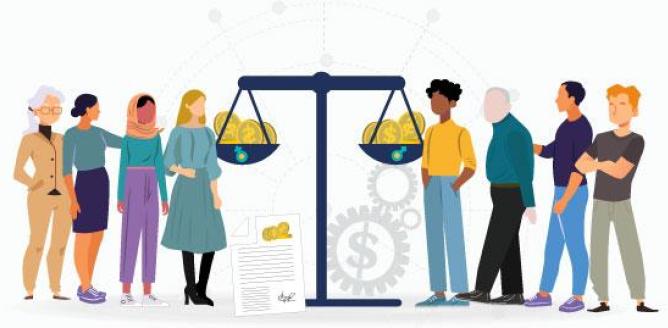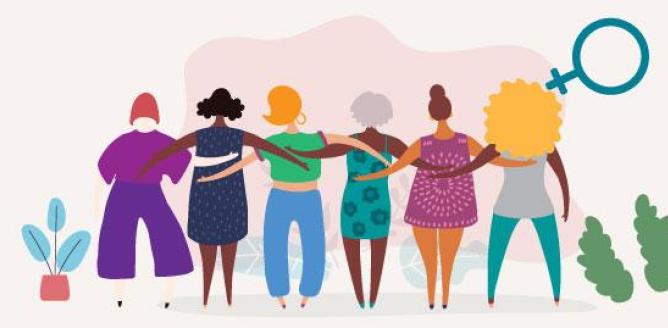“It is the humiliation and shame of feeling that they regarded you as second class, because that is what the pay gap means” — Samira Ahmed, British journalist who took the BBC to court over pay inequality claims.
How important is workplace diversity and inclusion to employees in Asia? According to the latest Diversity & Inclusion report from recruitment agency Hays, the issue is very important. Of the 2,000 professionals working in mainland China, Hong Kong, Japan, Singapore and Malaysia who took part in the survey, 85% believed a workplace culture that encourages diverse opinions is the most important factor in retaining talent.
Hong Kong employees were upbeat about gender parity in their workplaces. Only 6% of respondents said they felt gender was an obstacle to getting a job – the lowest figure in Asia. Meanwhile, half believed gender was no barrier to equal pay, while 56% said that gender didn’t impede career progress.
However, the report also reveals these perceptions aren’t always a clear indicator of reality. There is a stark gender disparity in leadership positions in Hong Kong, with only 36% of respondents have female line managers. This is the second lowest representation in the region – only ahead of Japan at 33%. In terms of pay, almost 40% of respondents sensed a lack of transparency about pay levels, regardless of seniority and gender. The gender pay gap is linked to women’s lower rate of workforce participation and myriad obstacles that stall women’s career progress. In Hong Kong, the gender pay gap currently stands at 22% and is getting worse, not better.
To help narrow the gap, TWF recommended that the Government introduce policies for gender pay disclosures for companies that have over 250 employees. We also proposed that employers, be it in the public or private sector, should not be allowed to ask job applicants about previous or current salaries.
The World Economic Forum estimates that the global pay gap will take two centuries to close but women are increasingly vocal about the issue and employers are taking note. BBC presenter Samira Ahmed, who took the broadcasting giant to court over claims of unequal pay, didn’t walk alone: she walked arm in arm with friends and supporters to the tribunal in London.
Similarly, we need supporters and allies to help close the pay gap in Hong Kong through prioritising pay parity in the workplace and addressing it as part of a larger holistic strategy to advance workplace gender equality. Collective action is needed to also encourage the Government to adopt the above mentioned measures on pay transparency and banning previous salary disclosures. Let’s boldly stride, men and women, united in the common goal of making progress towards gender equality.
Get in touch Fiona.Nott@twfhk.org





















